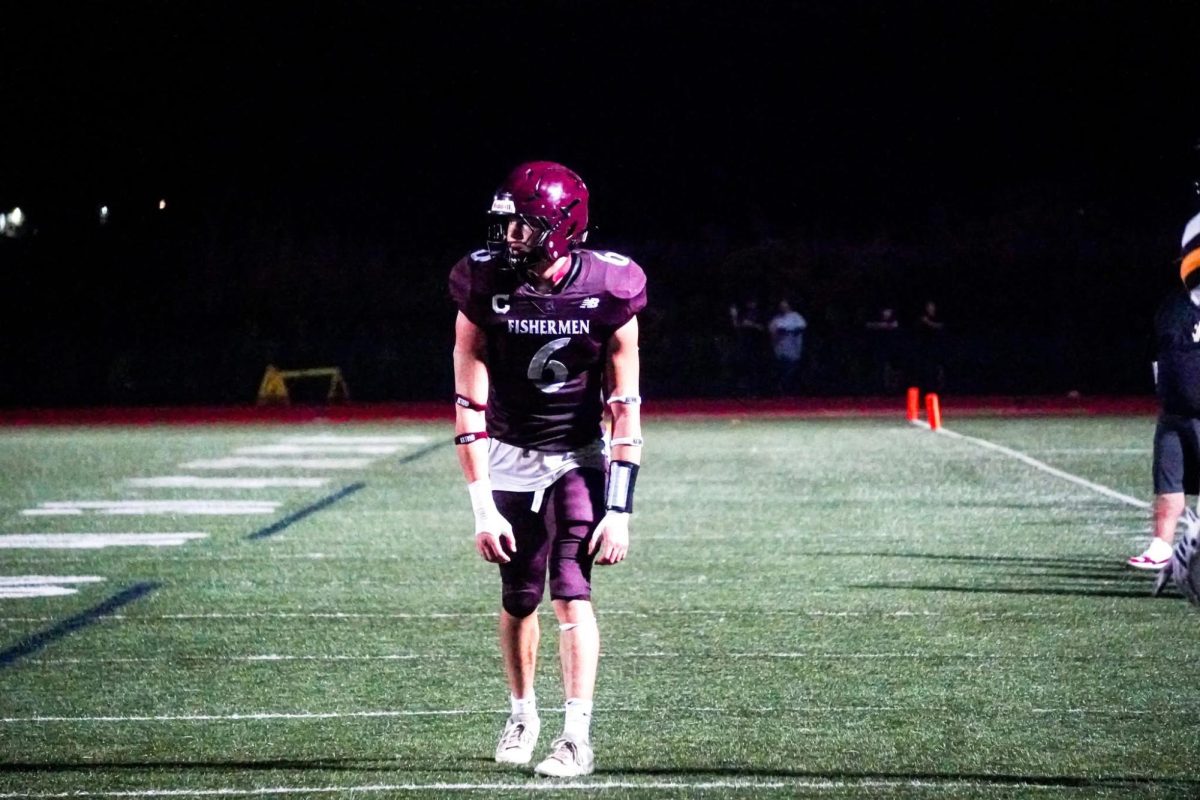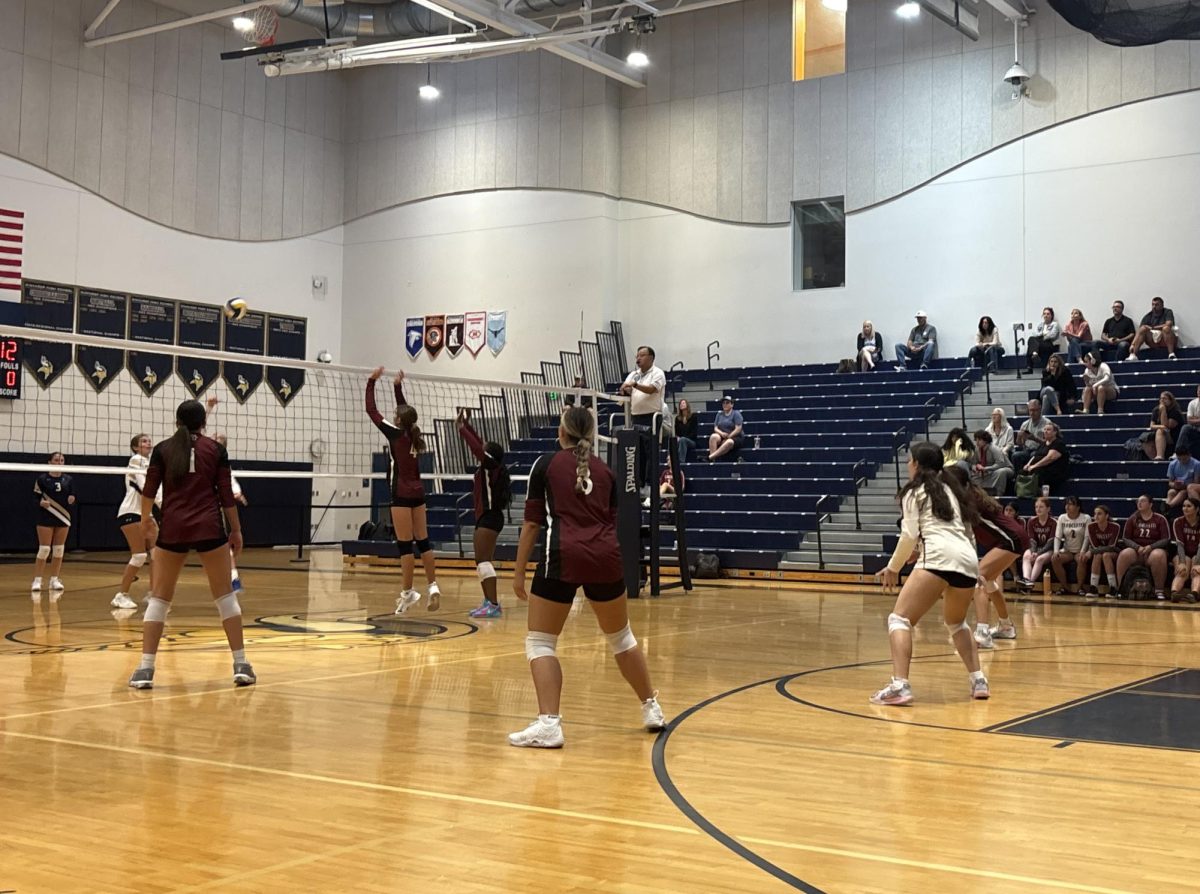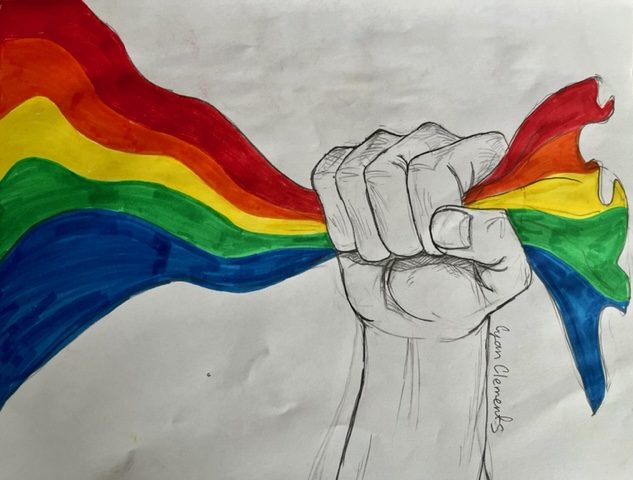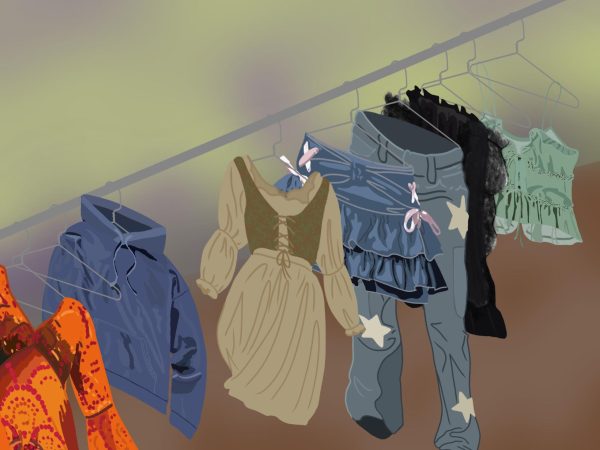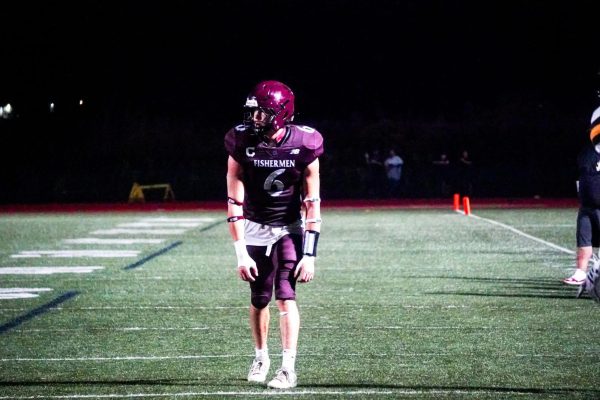Club Q Shooting defense is weaponizing queerness
GHS artist Cyan Clements depicts a fist clenching a pride flag.
On November 19th, a shooter by the name of Anderson Aldrich shot and killed 5 people in a queer nightclub in Colorado Springs called “Club Q”. Many were injured, more were traumatized, and Aldrich was arrested and is now being held in police custody. Aldrich is now being tried with 5 counts of 1st-degree murder and 5 counts of bias-motivated crimes.
Since the shooting, amidst the outrage of the queer community and the familiar debates about anti-LGBTQ sentiments and gun control, Aldrich’s lawyers have released a controversial statement: Allegedly, Aldrich identifies as nonbinary, and uses they/them pronouns.
Allowing for the benefit of the doubt, referring to Aldrich by the pronouns they have requested seems prudent. The debate around which pronouns Aldrich uses is not a productive one, nor should it be the center of our discussions. The real question is this: was Aldrich truly not motivated by hate due to their alleged queerness? Or is this statement a lawyer’s ploy to seek lighter charges for a client?
Aldrich was born Nicholas Brink to two parents who divorced shortly after their birth. Their father, Aaron Brink, is an MMA fighter and porn star with a criminal record, and their mother, Laura Voepel, has had her own misdemeanors and arson charges. Previously, Aldrich began their criminal career by making a bomb threat on the Colorado Springs neighborhood.
Many people suspect that this statement from Aldrich’s defense is a bizarre attempt at ridding their client of hate crime charges, pointing to the fact that due to Aldrich’s transness, the attack was clearly not a hate crime and instead a shooting committed by a disturbed individual. Many suspect that Aldrich is not trans at all, and that this statement is a bald-faced lie.
The most compelling evidence to the contrary is Aldrich’s legal name change in 2016, from Nicholas Brink to Anderson Lee Aldrich. This change was made via a request put in by Aldrich’s legal guardian, their grandmother, Pamela Pullen. However, this “evidence” falls apart under slightly closer scrutiny. According to the document, Ms. Pullen had written the following under “The reason I want to change this child’s name is:”
“Minor wishes to protect himself and his future from any connections to his birth father and his criminal history. Father has had no contact with minor for several years.”
NBC News interviewed a neighbor and alleged friend of Aldrich, who testified that Aldrich had been vocally hateful in regards to the LGBTQ community in the past. Apparently, Aldrich was “not someone that I would bring my gay friends around”.
So, it may be entirely possible that Aldrich had a revelation in regards to gender since then. It may be that Aldrich is simply deeply troubled, and that the Club Q shooting had nothing to do with queerness at all. It is possible that this whole thing is a tragic coincidence, and that Aldrich’s charges of hate crimes do indeed deserve to be dropped.
But the evidence to the contrary is overwhelming. The likely truth of the matter is that this statement from the defense is nothing more than a red herring, a pathetic attempt to shift the focus of the conversations surrounding Aldrich. Luckily, whether or not this ploy works and the hate crime charges are dropped, Aldrich is still facing life in prison without parole, and these hate crime charges would likely have little impact on that.
But this statement sets a troubling precedent for the future of incidents like these. This shooting is one of 600+ in this year alone in the US, and due to ineffective legislation around gun control, it will not be the last. According to the Human Rights Campaign, an LGBTQ+ civil rights organization, around 1 in every 5 hate crimes is committed due to anti-LGBTQ sentiment. It is important that we see this incident for what it is: an attorney using queerness as a legal weapon, and it is important that we do not allow this to become a pattern.

Aurelia Harrison (they/them) is a senior and Editor in Chief for the Gillnetter. Their interests include writing, thinking about writing, music, and talking....
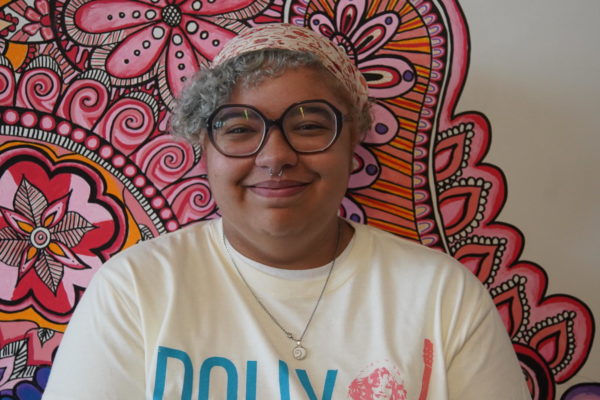
Cyan Clements is a senior at GHS and is a second year writer for The Gillnetter. She is a honors student and takes pride in being the resident artist for...
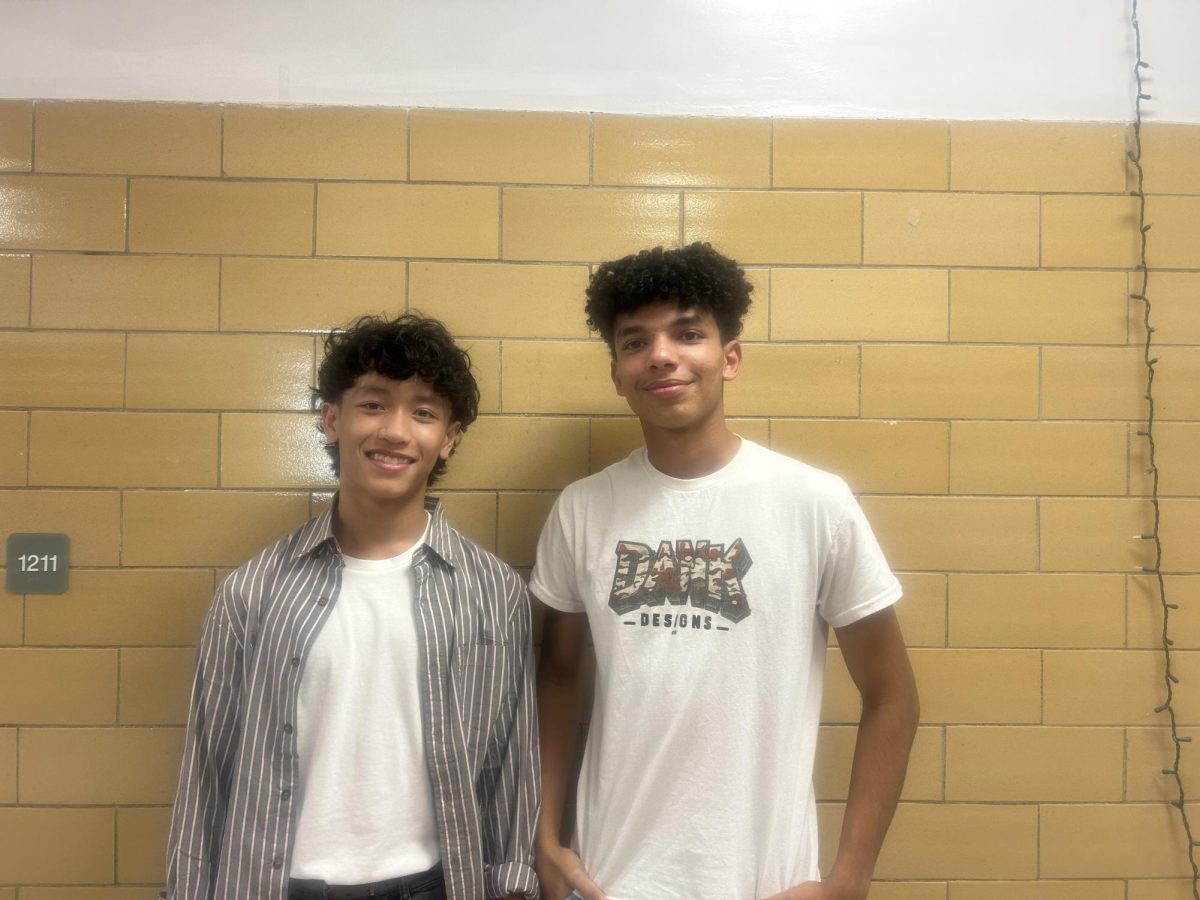
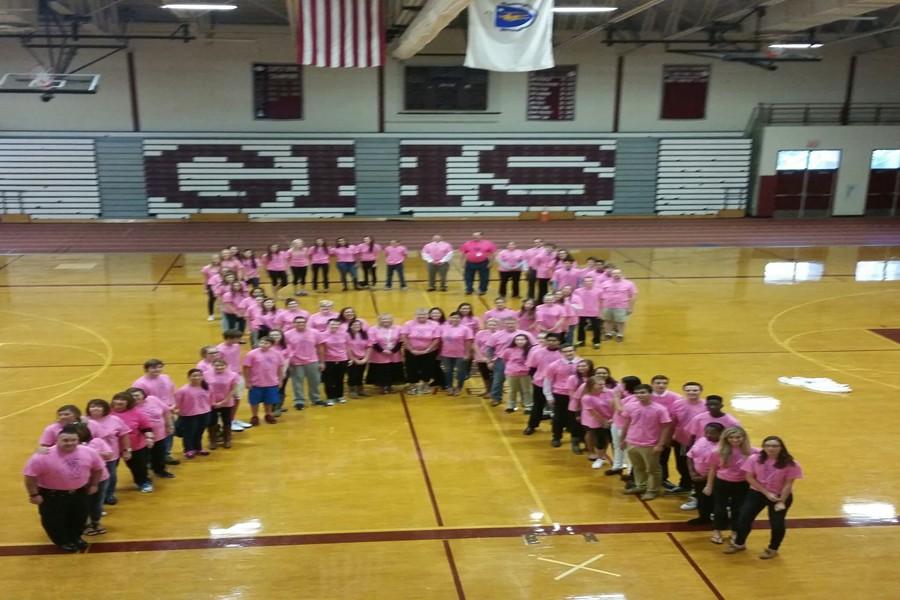
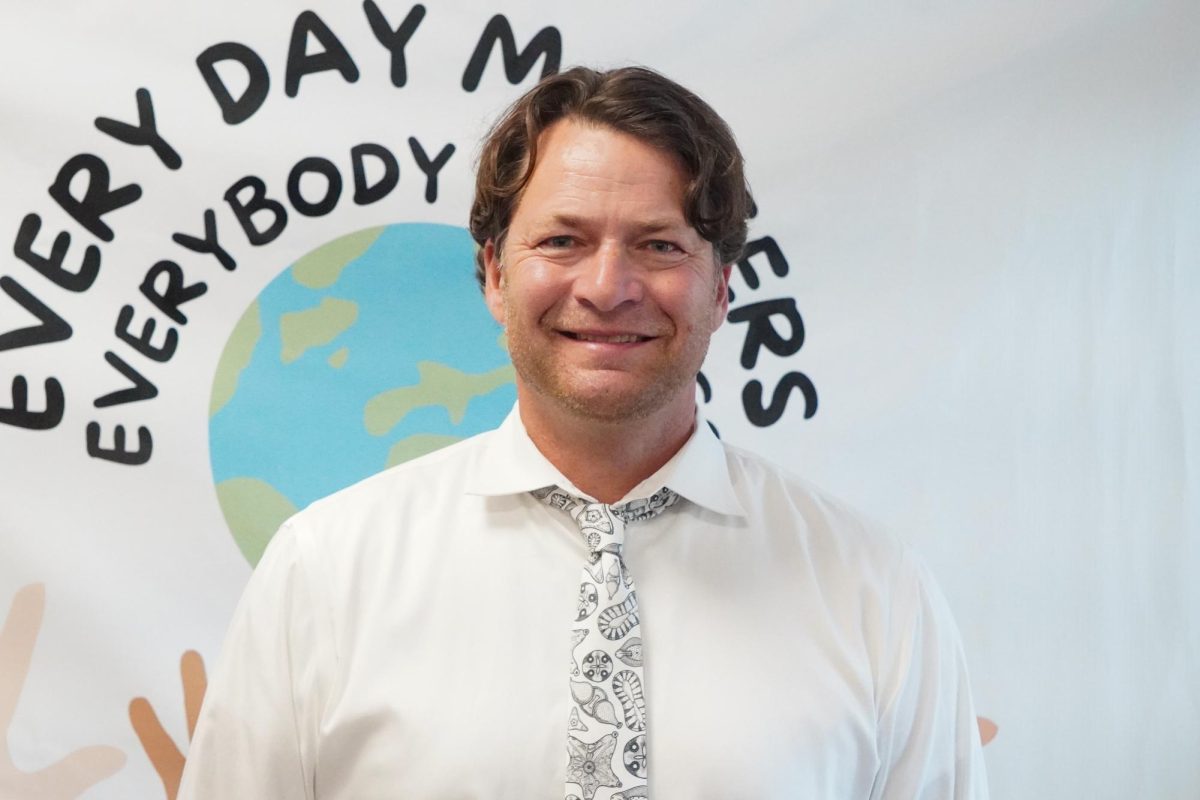
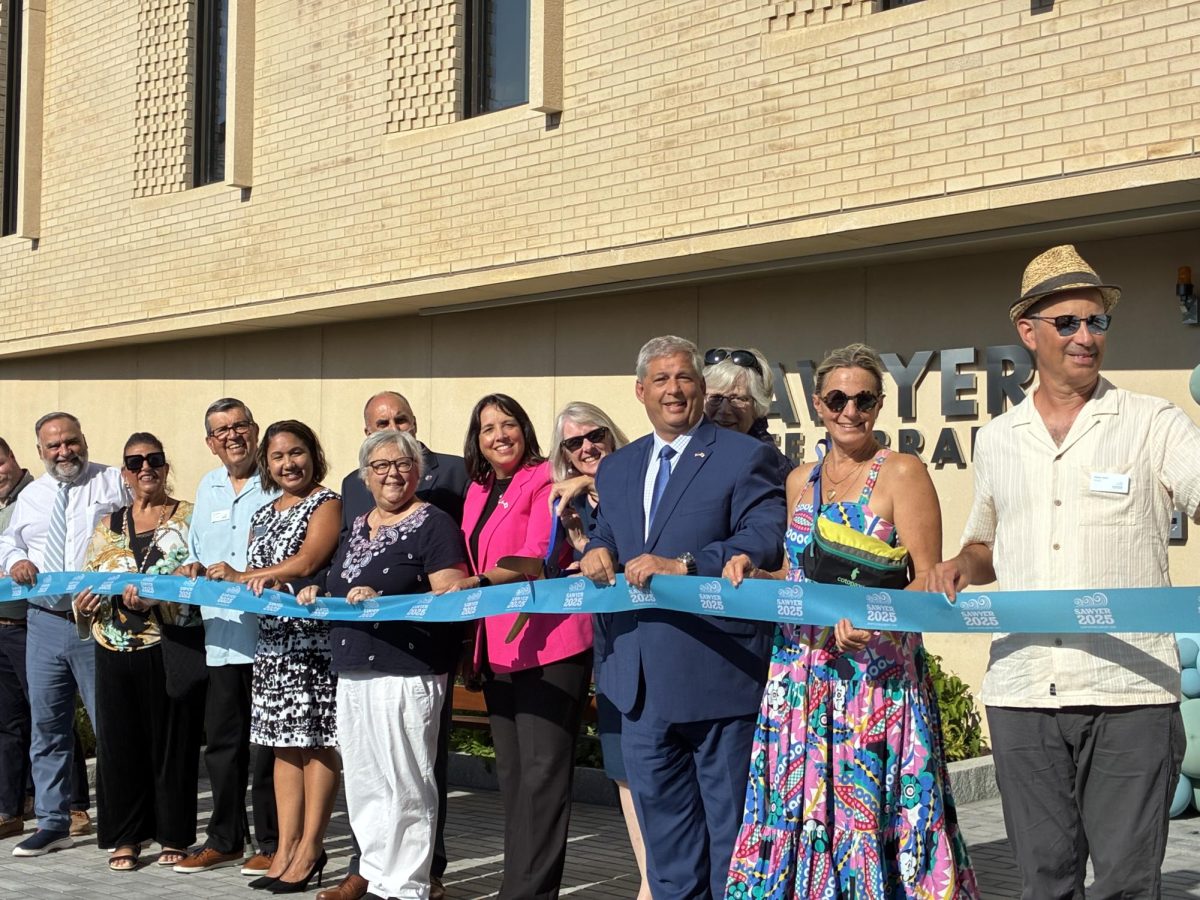
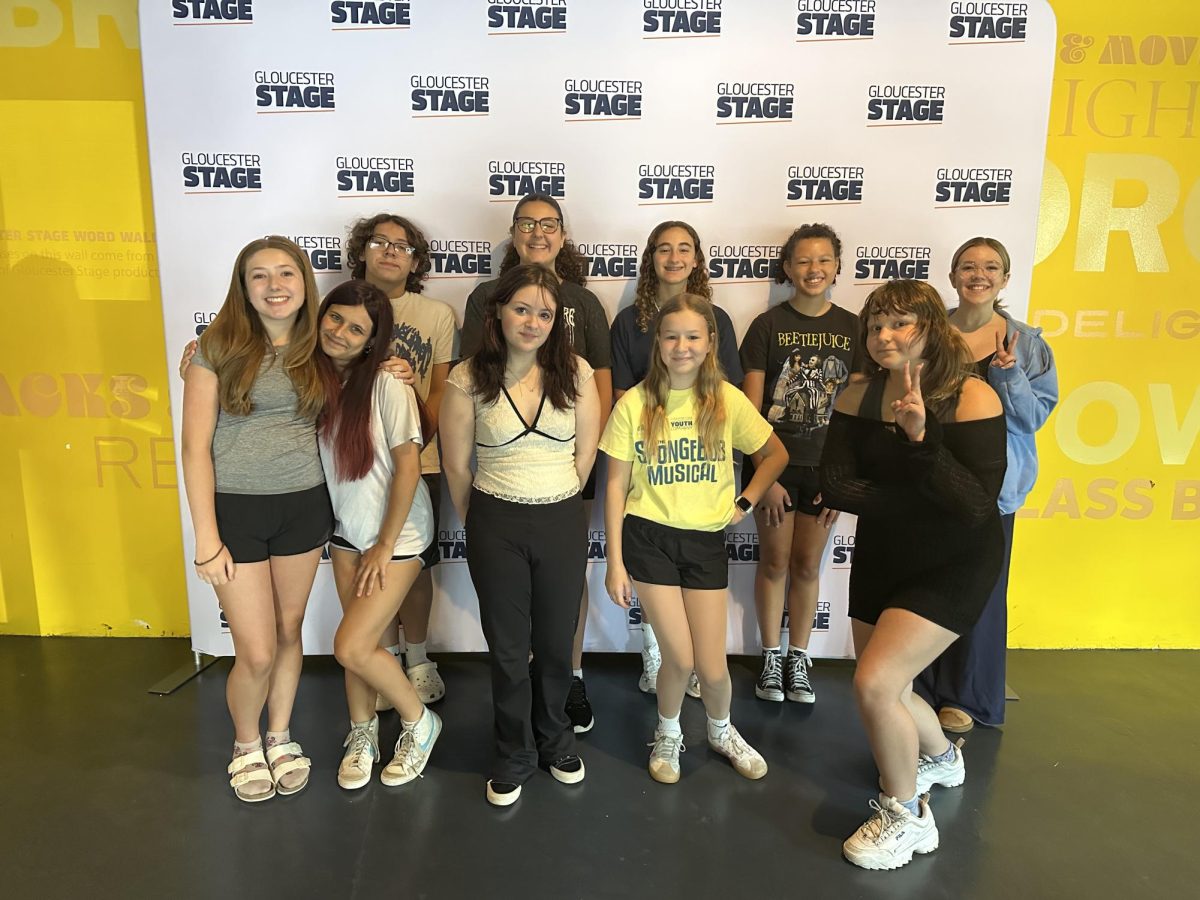





![The GHS/MERHS senior cross country runners pose together on Senior Night. [Photo courtesy of Manchester-Essex Athletics]](https://thegillnetter.com/wp-content/uploads/2025/10/Screenshot-2025-10-10-at-11.18.29-AM.png)
